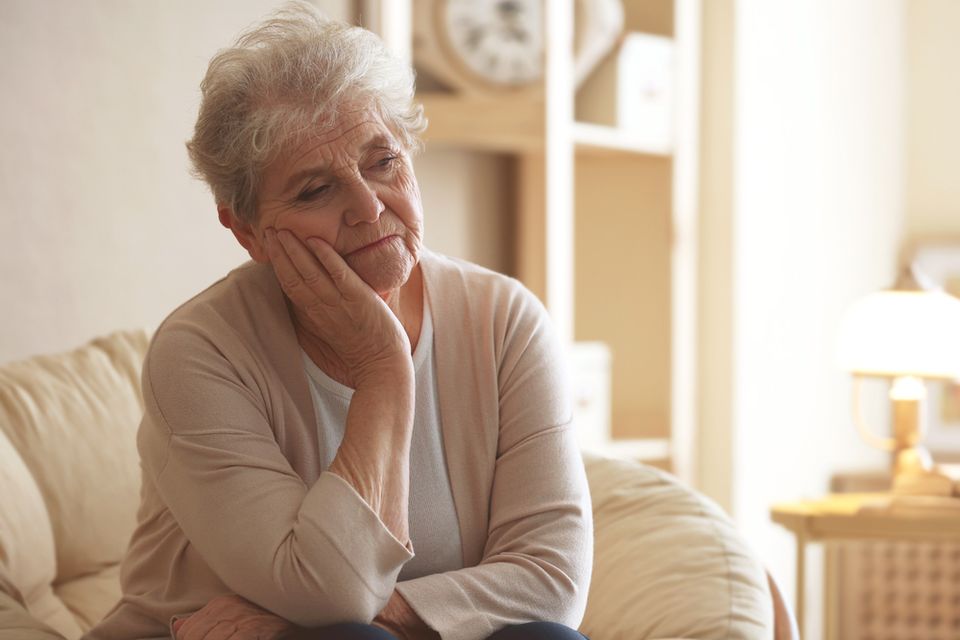Clinical Depression
People who struggle with basic daily activities, such as working or interacting with family and friends, who have difficulties with sleeping or eating for weeks at a time may be suffering from clinical depression. Clinical depression is also known as major depression. Serious illness, the death of a loved one or other significant life events can trigger clinical depression. Assisted Living can help people by offering medication management to ensure seniors are properly taking their medications.
Recognizing Depression in Older Adults
Older adults who experience depression often do not show the same symptoms as younger people. For instance, many older people may complain of fatigue or seem irritable rather than seeming or feeling sad. Depression may also be mistaken for Alzheimer’s disease or other cognitive disorders.
Medical Conditions Associated with Depression
Many older people take medications that may trigger depressive symptoms or may suffer from depression along with cancer, heart disease, or stroke. Depression also frequently occurs along with diabetes and Parkinson’s disease. In such cases, a physician can determine the most effective treatment for depression along with treating the accompanying medical condition.
Vascular Depression
Many adults suffer from ischemia or restricted blood flow from stiffened arteries. Ischemia prevents blood from flowing normally throughout the body – including the brain. The result can be vascular depression, which also presents a risk for heart disease or stroke.
Other Depressive Disorders
Depressive symptoms that persist for two years or longer are categorized as persistent depressive disorder. Symptoms may qualify as clinical depression. Psychotic depression is depression combined with psychosis such as schizophrenia. Seasonal Affective Disorder is common in colder climates with long periods of cloudy or overcast skies.
Treatments for Depression in Seniors
Depression may be treated with cognitive mental exercises or “talk” therapy, medication, or a combination of the three. Older adults who may be taking other medications must take special care when adding antidepressants to their treatment regimen.
Independent Living communities such as Lakeside do monthly resident vitals, weight checks, and nurse assessments. We will alert families and doctors about significant resident health changes should they arise.
If you or your loved ones are experiencing issues with mental health, please contact your physician for further assessment and treatment.
References:
www.healthline.com,
www.cdc.gov,
www.mayoclinic.com

